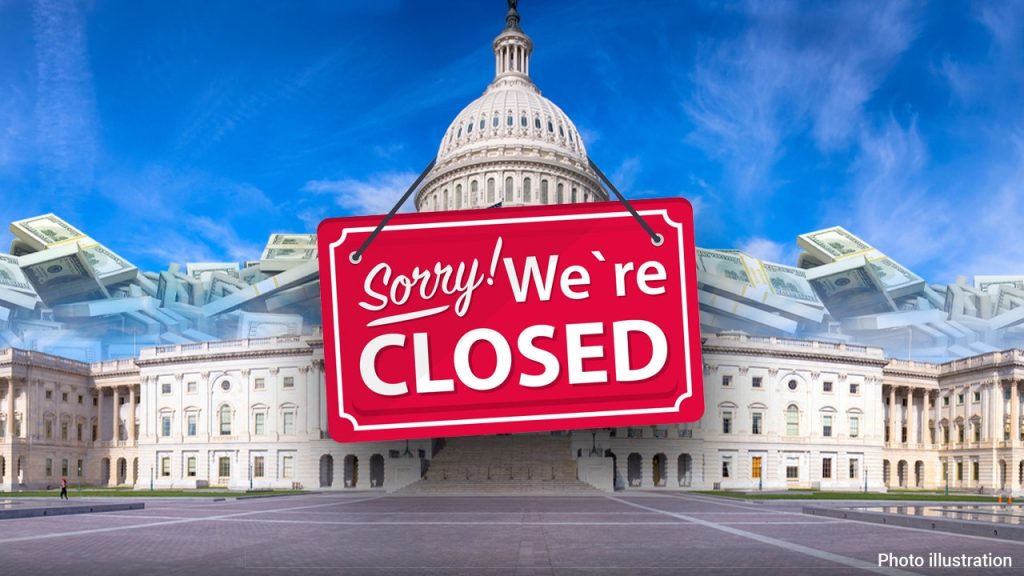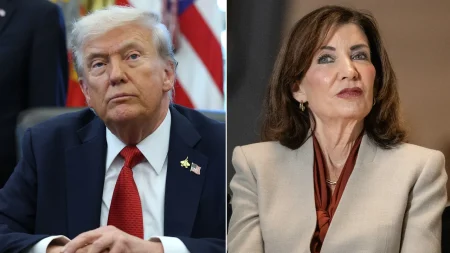House Republicans Divided Over Spending Bill Duration as Shutdown Looms
With just weeks left before a potential government shutdown, House Republicans on the Appropriations Committee find themselves at odds with the Trump administration over a critical question: how long should a stopgap spending bill last? While lawmakers broadly agree that a continuing resolution (CR) will be necessary to keep the government running past September 30, the duration of such a measure has become a contentious issue. The debate pits committee members who have been diligently marking up fiscal 2026 spending levels against administration officials who favor bypassing this process entirely with a year-long extension of current funding levels.
The frustration among House appropriators is palpable. “As a member of Appropriations, where you do an enormous amount of work, and it leads to a continuing resolution because that’s easier…I’m deeply concerned that we will roll over and not do our job,” said Rep. Ryan Zinke (R-Mont.). His colleague, senior appropriator Rep. Mario Diaz-Balart (R-Fla.), was even more direct, calling the prospect of a year-long measure “devastating for the country.” He added with evident exasperation, “The concept that Republicans control the House, Senate and the White House, and we would somehow be stuck with the last Biden [budget] for a second year, to me, is preposterous.” Many committee Republicans also expressed concern about what they perceive as a lack of clear direction from leadership on a top-line spending figure, with Rep. John Rutherford (R-Fla.) lamenting, “The frustrating part is we don’t have a top line yet.”
The Trump administration offers a different perspective, dismissing appropriators’ complaints as “nonsense.” An administration official told Fox News Digital that House appropriators’ accusations of insufficient guidance are “completely false,” insisting that the White House has engaged in regular conversations with relevant lawmakers. The White House favors a “clean CR” extending into the new year, while some conservative lawmakers, including House Freedom Caucus Chair Andy Harris (R-Md.), advocate for an even longer extension. “Why put us through the misery next September?” Harris argued, suggesting a CR that stretches all the way to December 2026. “The American people shouldn’t be subjected to the question of whether or not Chuck Schumer wants to shut down the government for the election.”
This disagreement reflects deeper tensions about the role of appropriators and the budget process itself. Some Republican lawmakers have pointed fingers at Russ Vought, director of the Office of Management and Budget, accusing him of deliberately delaying the administration’s budget proposal until early May to build support for a year-long CR. However, others note that late budget proposals aren’t unprecedented, pointing to similar delays during both the Biden and Obama administrations. House Appropriations Committee Chair Tom Cole (R-Okla.) has taken a more measured approach, expressing a preference for a CR into November while acknowledging that “a lot of people” share blame for the current situation, including Democrats who “are still flustered by President Trump and aren’t sure whether they should deal with him or fight him at every step.”
The situation is further complicated by recent actions taken by the White House to rescind some previously approved funds, particularly targeting foreign aid and public broadcasting. These moves have soured bipartisan spending talks, with Democrats warning they won’t agree to any deal without assurances against further rescissions. Nevertheless, the White House believes that proposing a clean CR of any length would put Democrats in a politically difficult position, potentially allowing Republicans to blame them for a shutdown if they reject the measure. Speaker Mike Johnson (R-La.) has privately indicated support for a short-term clean CR, according to sources, though publicly he has acknowledged “reasonable people on both sides” of the debate.
With the clock ticking down to the September 30 deadline and only 11 joint House and Senate working days remaining, the pressure to find a solution is mounting. House Minority Leader Hakeem Jeffries (D-N.Y.) reported having an “opening conversation” with Johnson about funding, suggesting at least some preliminary bipartisan dialogue. The coming weeks will reveal whether lawmakers can overcome their internal divisions and reach a compromise that averts yet another government shutdown crisis. What’s clear is that the fundamental question isn’t just about the length of a continuing resolution, but about who gets to shape the nation’s spending priorities and through what process—a debate that touches on the very functioning of our government system.















